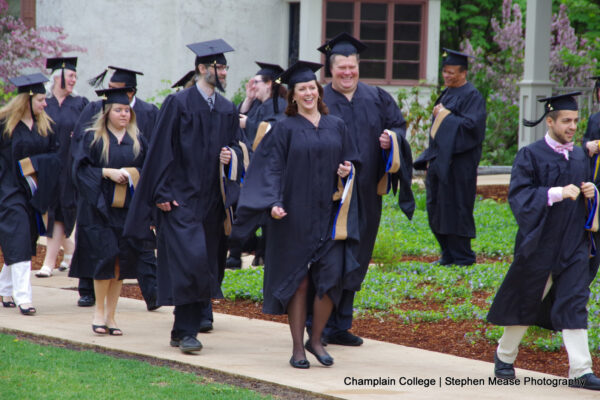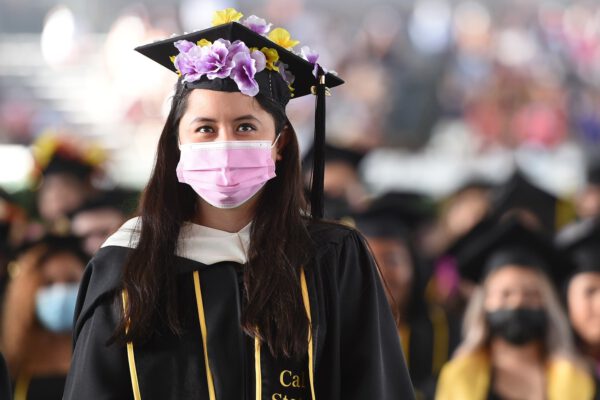The Equity/Excellence Imperative in Undergraduate Education
Title: The Equity/Excellence Imperative: A 2030 Blueprint for Undergraduate Education at U.S. Research Universities
Author: The Boyer 2030 Commission
Source: Association for Undergraduate Education at Research Universities
Research institutions have long been known as places for transformative learning that contribute to the public good. With present societal challenges, research universities can position themselves as catalysts for social change and innovation.
The 2030 blueprint report on the equity/excellence imperative provides several calls to action to renew commitment to undergraduate education at research universities. The Boyer 2030 Commission defines the equity/excellence imperative as “a belief that excellence and equity are inextricably entwined, such that excellence without equity (privilege reproducing privilege) is not true excellence, and equity (mere access) without excellence is unfulfilled promise” (p. 3).
The report lays out four focus areas to frame equity/excellence: World readiness for all, equity/excellence in teaching and learning, facilitating success/eliminating barriers, and fostering belonging and equitable campus culture. A set of 11 provocations scaffold these areas with strategies to prompt cultural and institutional change:
- World readiness – to manage and solve complex problems, develop respect for nuanced perspectives and understand societal issues, and empower students for long-term success postgraduation
- Freedom of speech and expression and supportive campus cultures – to build understanding of values of equality and community, as well as fostering an environment for civil and open debate
- Access to excellence – to intentionally structure critical thinking and real-world application in cocurricular experiences and high-impact practices for students
- Teaching – to create inclusive learning environments, using research-informed pedagogies and developing a collective and holistic approach to teaching, evaluation, and assessment
- Advising – to provide comprehensive and culturally responsive support structures for students, as well as transparency in communication of opportunities (e.g., extra/cocurricular experiences, scholarships and other financial assistance, coursework, degree plans, or programs)
- Faculty rewards and structure – to provide incentives and resources toward advancing a culture of equity and excellence in teaching
- Access and affordability – to provide equity in the admissions process through clear and explicit communication around costs and finances to all students (prospective and enrolled), bias reduction during application reviews, and strengthening relationships with community colleges and dual enrollment programs
- Degree pathways – to identify barriers toward completion and other gaps that were augmented during the COVID-19 pandemic, create more streamlined processes for articulation agreements and transfer credits, as well as resource allocation and support for enrollment management and policies
- Digital technology – to implement in advising, learning, and analysis; additionally, technology use will continue to increase and thus partnering with tech platforms that are responsible and transparent about data use will be of utmost importance
- Nurturing mental health and well-being – to create cultural and academic changes toward the destigmatization of mental health, centering empathy and integrating well-being into the campus experience, and providing training to faculty and staff on how to address concerns with students
- Assessment and accountability – to update metrics for excellence and progress, institutionalizing equity and excellence through data, inclusive reforms, policies, practices, shared learning, and professional development across campus departments and constituents
For additional strategies to build equity and excellence, read the full report here.
—Tabatha Cruz
If you have any questions or comments about this blog post, please contact us.


